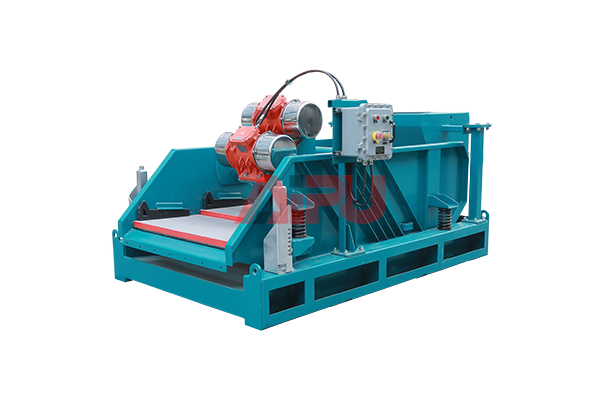The solids control system plays a crucial role in drilling operations, ensuring efficient separation and management of drilling fluids. Proper operation of this system is essential for maintaining drilling efficiency, reducing environmental impact, and minimizing equipment wear. Understanding the correct operational procedures can significantly enhance the performance and longevity of the system.

The first step in operating a solids control system involves setting up the equipment correctly. This includes positioning the shale shaker, desander, desilter, and centrifuge in the proper sequence. Each component must be securely connected to ensure smooth flow of drilling fluids. Before starting the system, operators should inspect all parts for wear or damage, replacing any faulty components to prevent operational failures.
Once the system is set up, the next critical phase is the startup procedure. Operators should begin by activating the shale shaker, followed by the desander and desilter. The centrifuge should be started last, as it handles the finest particles. Proper sequencing prevents overloading of downstream equipment. During operation, monitoring vibration levels, fluid flow rates, and discharge consistency is essential for identifying potential issues early.
Maintaining optimal performance requires regular adjustment of operational parameters. The shale shaker's screen mesh size should match the expected particle size distribution. Flow rates through the desander and desilter must be controlled to ensure efficient separation without causing blockages. Centrifuge speed and feed rate adjustments are necessary for effective separation of fine solids from the drilling fluid.
Safety considerations are paramount when operating solids control equipment. Operators must wear appropriate personal protective equipment, including gloves, goggles, and hearing protection. Emergency stop mechanisms should be tested regularly, and all personnel must be trained in proper shutdown procedures. Regular maintenance schedules should be followed to prevent unexpected breakdowns and ensure continuous operation.
Environmental compliance is another critical aspect of system operation. Proper handling and disposal of separated solids are necessary to meet regulatory requirements. Operators should implement containment measures to prevent spills and ensure all waste materials are disposed of according to environmental guidelines.
If your project requires solids control equipment, choose Aipu Solids Control, it will be your best choice.
